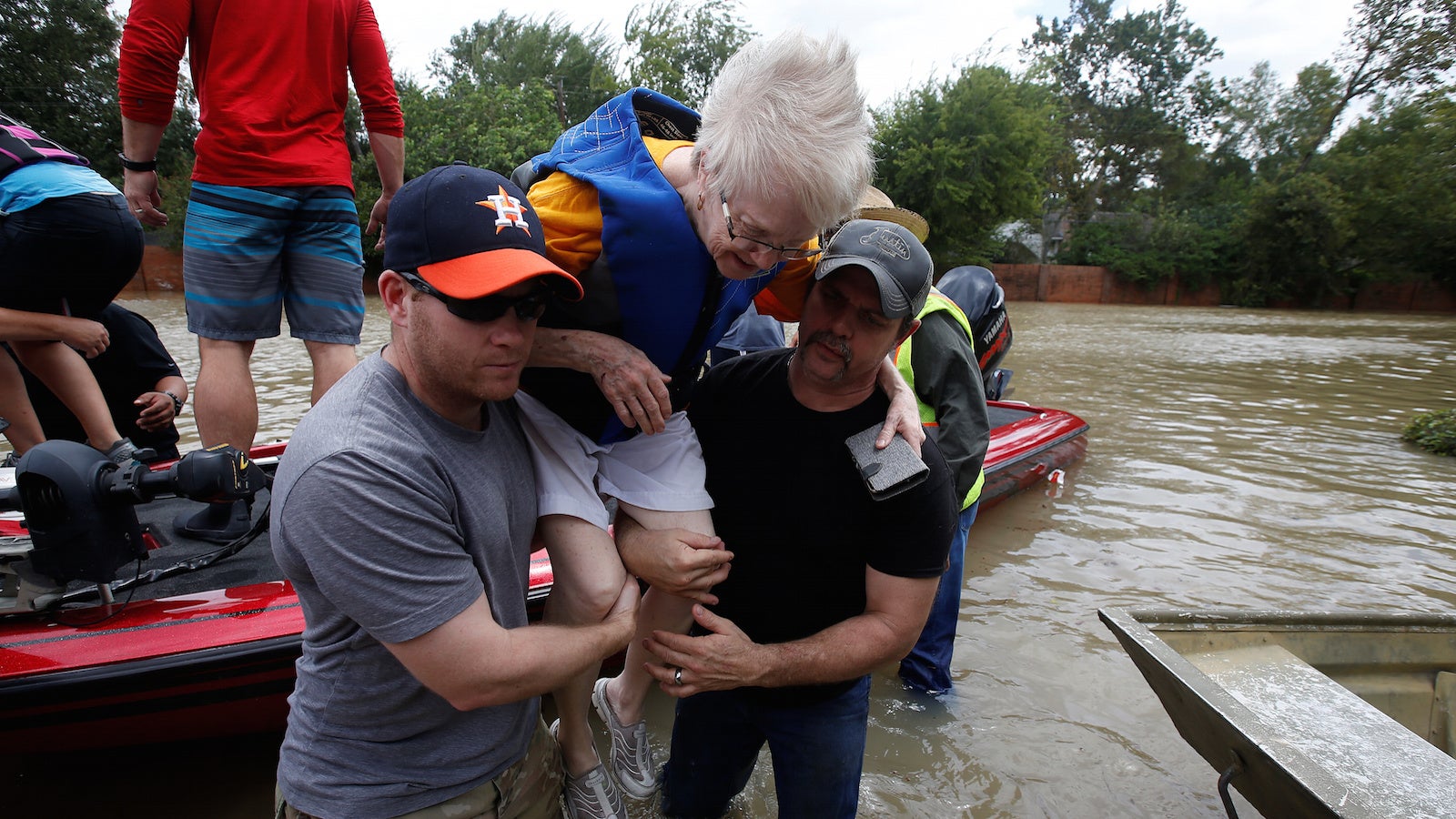In times of strife, local news matters more than ever
With Hurricane Harvey flooding Houston and Irma tearing through the Caribbean on its way to Florida, recent natural-disaster news has been absolutely devastating. These events bring out both the best and worse in people. They have also served as a vivid reminder of the essential role that local news stations play in their communities.


With Hurricane Harvey flooding Houston and Irma tearing through the Caribbean on its way to Florida, recent natural-disaster news has been absolutely devastating. These events bring out both the best and worse in people. They have also served as a vivid reminder of the essential role that local news stations play in their communities.
In the past few weeks, we have seen news anchors so dedicated to serving their communities that reporting has literally saved lives. Local broadcasters have continued to work until their stations flooded over, operating out of temporary broadcast facilities where they continued to work through the storms and their aftermath.
We take it for granted, but local television is always there when we need it most. Twenty million people tune in every single day to watch their local evening news, and in times of high danger, as Harvey and Irma have recently shown, they become the lifeline for individuals and families to stay connected and informed.
Easy access to local news is important. America is too big to capture the news that matters to each subset of the hundreds of millions of people who live from coast to coast. If we don’t have access to local news, we wind up watching highly polarized, highly generalized White House coverage instead. On the other hand, local broadcast stations have an obligation to their communities as they serve the public interest in exchange for their broadcast license. This is probably why they are also often trusted more than national news networks.
There are small events happening in towns and cities across America that local communities care about more than what goes on in the White House. They are invested in stories about events that impact their children, local governments, and local sports teams. And local reporters are equally invested, because they live alongside viewers, walking down the same grocery-store aisles and sending their children to the same schools. They share a kinship.
Local news galvanizes individuals to feel ownership over their communities. And it actually leads to healthier ones, too. Studies show that when community members get involved and invest their time and interests in their shared spaces, physical and mental health improve. Local programming plays a role in that. You could watch 24 hours of cable news and by the end of it still not know that the local Rotary Club is holding their annual pancake breakfast fundraiser this weekend. That type of news can change lives right in your backyard (or at least make your belly happy). Political pundits arguing about the latest goings on doesn’t.
The TV market may be changing, but the need for local news isn’t. Online players like Sony, Hulu, Sling TV, and others are starting to offer local broadcast channels in larger markets, but not all Americans are going to be willing to pay for a subscription service that includes their local broadcast stations—especially when they can be accessed without a fee on their televisions. Most Americans prefer their television to be free—as they should. Television is a right, not a privilege. It has always been funded by the advertising that fuels it, and as long as a household can pay for a television equipped with an antennae they can gain access, for free.
Access to a local news station will be vital for communities in Florida who are preparing to face Hurricane Irma this weekend. Local news stations have already informed residents in the Keys of a mandatory evacuation to keep them safe; they will continue to inform Floridians of traffic jams as more families choose to drive to safer areas; and much like the anchors in Houston, they will be the ones on the ground with their fellow community citizens, weathering the storm and doing whatever it takes to keep their communities informed as Irma strikes.